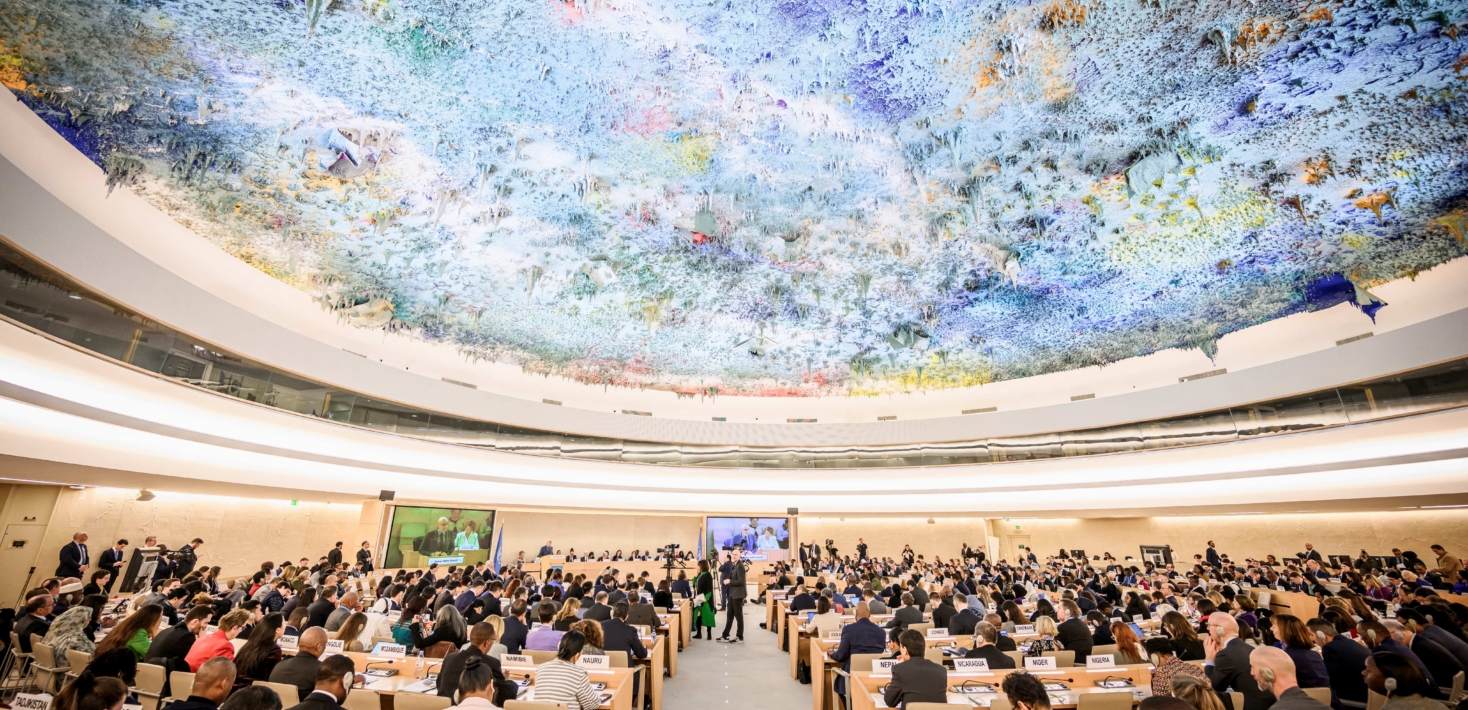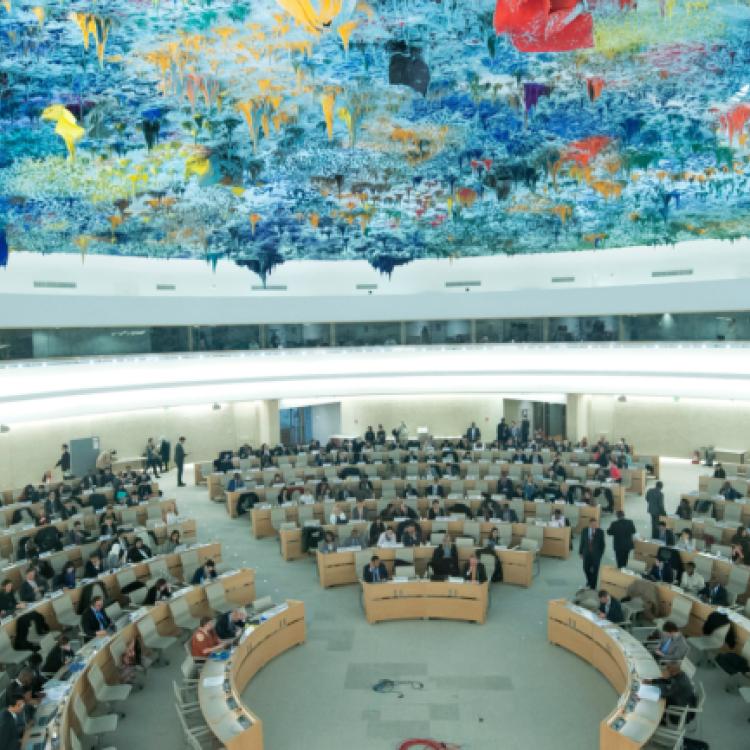
Amnesty International has welcomed the recent adoption of a United Nations Human Rights Council (UNHRC) resolution on Sri Lanka, emphasizing the need for continued international scrutiny to address ongoing human rights concerns in the country.

Amnesty International has welcomed the recent adoption of a United Nations Human Rights Council (UNHRC) resolution on Sri Lanka, emphasizing the need for continued international scrutiny to address ongoing human rights concerns in the country. The resolution, passed at the 57th session of the UNHRC, extends the mandate of the Office of the High Commissioner for Human Rights (OHCHR) and the Sri Lanka Accountability Project by one year.
Babu Ram Pant, Deputy Regional Director for South Asia at Amnesty International, highlighted the importance of this extension in maintaining global oversight of Sri Lanka’s human rights situation.
“The adoption of the UN Human Rights Council’s resolution underscores the continued need for international scrutiny on human rights concerns in Sri Lanka,” Pant said.
Amnesty International called on the new government to fully cooperate with the UNHRC and the OHCHR’s Accountability Project, breaking from past practices of resistance to international mechanisms. Pant expressed concern that the Sri Lankan government had maintained its opposition to evidence gathering by the UN, which raises doubts about its commitment to accountability.
“It was disappointing therefore that the government instead chose to continue past policy and express opposition to evidence gathering by the UN,” Pant noted. “This casts a shadow on the government’s willingness to utilise available resources to ensure accountability for serious human rights violations and risks perpetuation of deep-rooted impunity.”
“With this resolution, the international community should step up its engagement with the new Sri Lankan government towards meaningful progress on truth, justice, and reparations. Meanwhile, Sri Lanka must fully cooperate with UN human rights mechanisms, including the Accountability Project, and demonstrate its commitment towards all victims and survivors who have been waiting for justice and accountability for the serious human rights violations and other crimes under international law,” Pant said.

